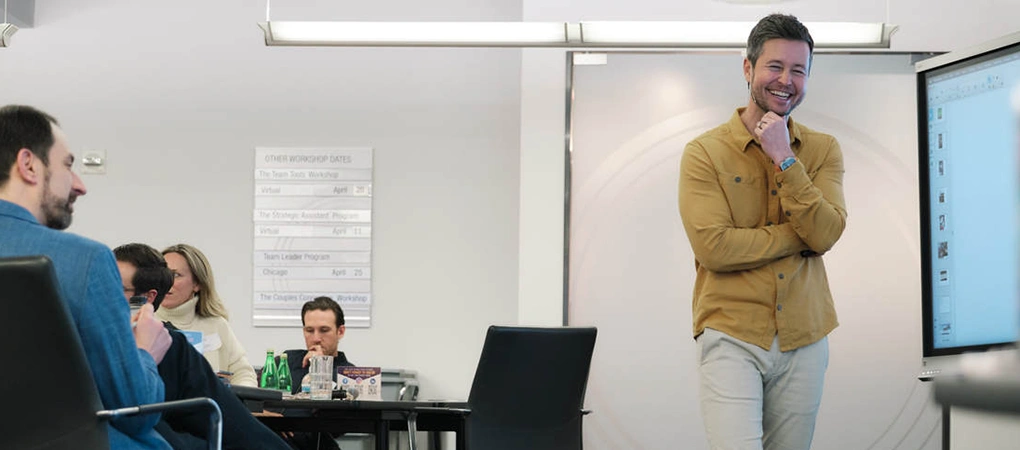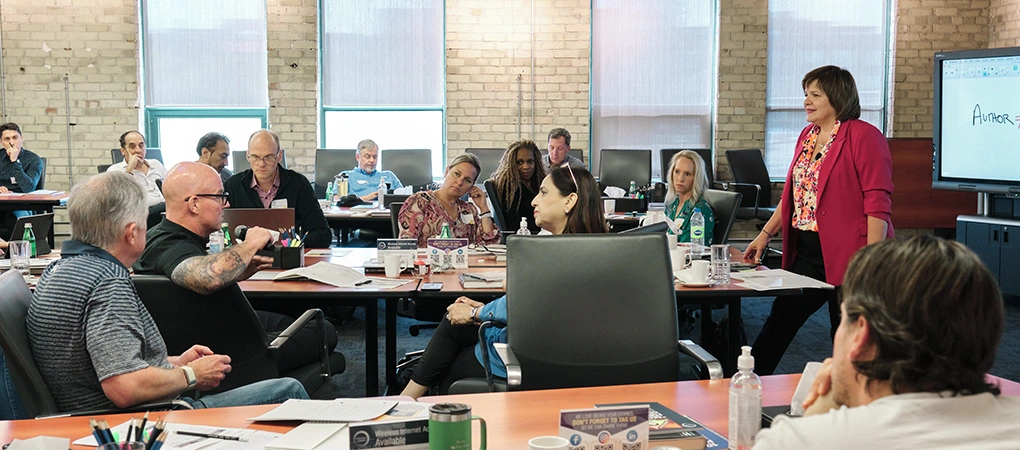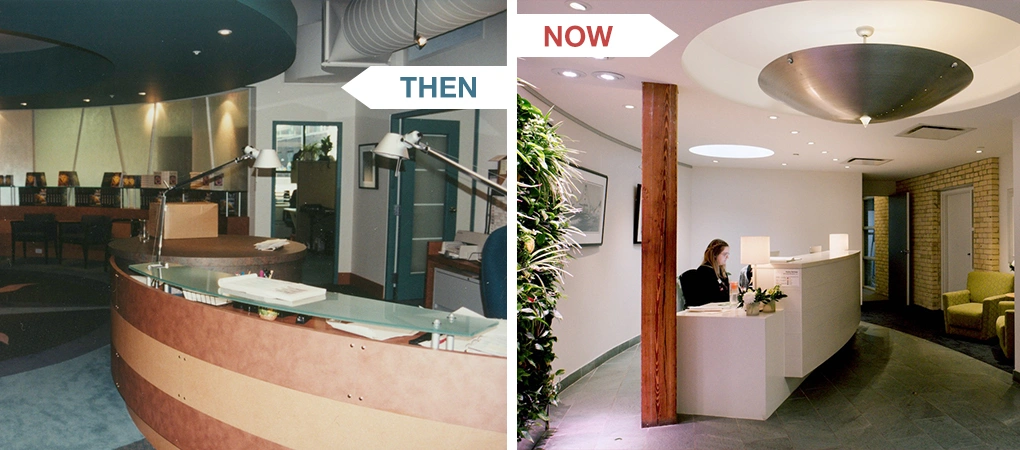Why I Don’t Believe In Retirement
Dan Sullivan

Most people dream of the day they can finally retire. After all, who wouldn’t want a permanent vacation—a whole new life, free from stress, obligation, and work?
But retirement by its very definition means to no longer be of use. We retire old machinery, we retire old clothing, and we retire old ideas when they’ve stopped serving a purpose … and we retire ourselves for the same reason.
In our current economy, however, purpose and age have very little to do with one another, except that lack of purpose makes you age faster. And that’s why I don’t believe in retirement.
Out with the old …
Retirement made a lot of sense when it was first conceived. A purely political development, it was created in response to the fear of Marxism. When people realized that young, unemployed men were the most likely to become Marxist revolutionaries, a system needed to be devised to get older people out of the workforce so there would be room for younger people to enter it. Thus, retirement was born.
It continued to make sense throughout the industrial era, when the economy was largely based on manual labor, since such repetitive, demanding work really is a younger person’s game. It wears you out, physically and mentally. Retirement in this context became a promise of future security and leisure, a reward for putting up with work that was tiring and uninspiring.
… but what about the new?
Now, I don’t know about you, but most people, and certainly most entrepreneurs, aren’t doing that kind of labor anymore. Most of us rely on our brains rather than our bodies to put food on the table. That means the only barriers preventing you from working into your sixties, seventies, and even eighties (assuming you aren’t ill or injured) are society’s expectations … and your own.
To ensure your future always stays bigger than your past, download your free copy of the My Plan For Living To 156 ebook.
You’re already living your reward.
Just by virtue of being an entrepreneur, you’ve already declared independence from the boring world. The repetitive world. The usual world. And that means you’ve also declared independence from society’s expectations—including the ones about what it means to get older.
I think all of us can conjure up an image of old age that frightens us: lonely and depressed, sitting in front of the television all day, struggling with day-to-day tasks. But how does one get from Point A, which is you at your most successful, profitable, and reputable point of your career, to Point B, which is you slowly waiting to die?
The golden number, or golden handcuffs?
Most of us assume it’s the body breaking down that causes this mental decline, but it’s actually the opposite. It’s the mind getting worn out by loneliness, boredom, and lack of purpose that convinces the body it’s wearing out too. In fact, research from the Institute of Economic Affairs shows that retirement increases the chances of suffering from clinical depression by around 40 percent, and of having at least one diagnosed physical illness by 60 percent. So it’s not that sixty-five (or sixty-something, depending on what country you live in) is the universal age at which the human body and mind suddenly start falling apart. It’s that sixty-five is the age at which we’ve all decided we’re no longer useful.
Once that happens, we start focusing all our thoughts on a smaller future. And you know what? Our future becomes smaller as a result.
Simply put, when you stop learning new things, developing new ideas, and meeting new people, you accelerate the aging process. If you’re no longer growing and no longer useful, you’re sending powerful signals to your mind and body—not to mention the people around you—that it’s time to slow down.
So for the sake of my own health and happiness, I don’t believe in retirement, and I don’t think you should either.
You can choose to be different, and you can choose a future that’s always bigger than your past.
Don’t talk yourself into being taken out of use, and don’t talk yourself into dying early.
Instead, make all your thoughts about having a bigger, more exciting, and less predictable future—not a smaller, boring, predictable one. If “the purpose of life is a life of purpose,” as American author Robert Byrne was famously quoted as saying, then retirement just doesn’t make sense.
The older you get and the more experience you gain, the more conscious you become of your true value to other people. And that means your work really can just keep getting more stimulating and more satisfying as the years go by. Why quit the game when you’re ahead?







